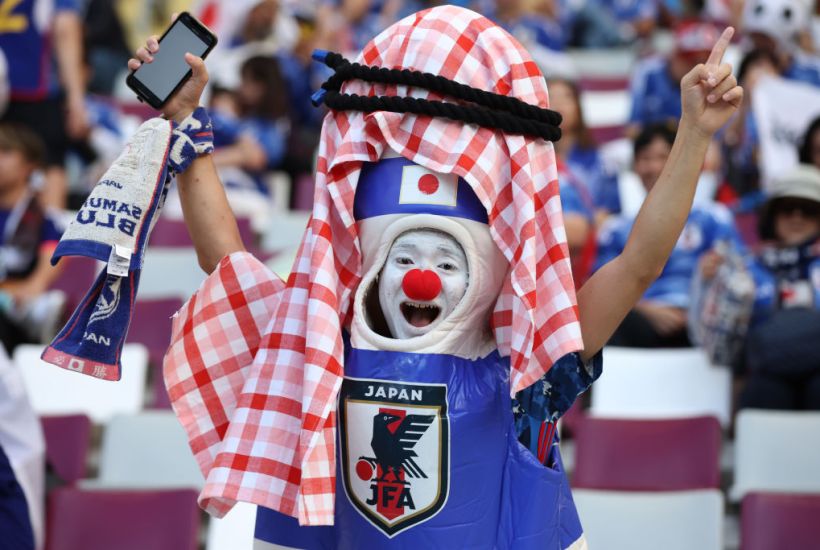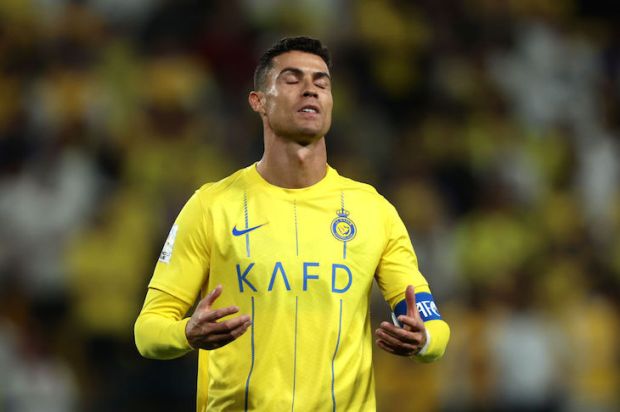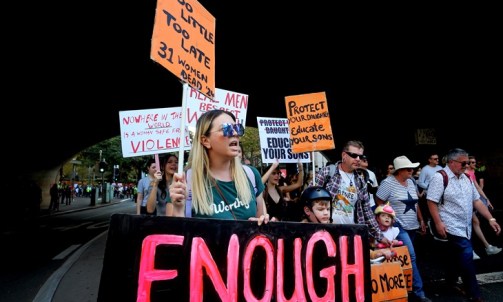Before the start of their World Cup game with Japan, the German team chose to make a ‘protest’. Each player covered his mouth for the pre-match photo to indicate how the team had been silenced by Fifa’s ban on ‘One Love’ armbands – and thus prevented from showing solidarity with Qatar’s gay community. A powerful gesture they no doubt hoped. But slightly less powerful than the images taken 90 minutes later, when the Germans had been truly silenced, or at least rendered temporarily dumbstruck, by their unfancied opponents, who stunned Hansi Flick’s side by coming from a goal down to claim a thrilling victory.
The defeat has been compared to Saudi Arabia’s victory over tournament favourites Argentina on Wednesday. If the Japanese were easily offended, they might take exception to this Eurocentric arrogance – something of a feature of this tournament so far – as it is on nothing like the same scale of that upset. Japan, the most successful team in Asia, have players in some of the best leagues in Europe and have qualified for the last seven World Cups. And they performed far better than Germany in the previous one.
The Japanese aren’t really into sportsmen and women playing global ambassadors for righteous causes
Still, Japan’s win was unexpected, especially so at half time when Germany were a goal up and in complete control (it is being reported, anecdotally, that many Japanese called it a day and went to bed at this point). How and why the Japanese could pull off such a seemingly unlikely turnaround in the second half is worth considering and seems to have much to do with the respective mindsets, and even cultures, of the two nations.
Temperament is one thing: the Japanese manager Hajime Moriyasu remained serene and dignified throughout the game, as if he was never in any doubt as to the outcome. In his neat three-piece suit, Moriyasu is the polar opposite of hyperactive, perma-gesticulating football managers like the German Liverpool boss Jurgen Klopp. Moriyasu would not look out of place among the typical salary men you encounter on Tokyo’s underground and is about as animated. But he kept his head, as did his team. So, too, did the fans, who showed admirable stoicism and patience. Yes, they went wild at the end, but within the bounds of decorum, and they recovered their customary poise in time for their habitual litter clearing before leaving the stadium.
Japan’s national broadcaster NHK reflected this mood with upbeat but sober and respectful coverage. There is no equivalent of ‘Wrighty’ or ‘Keano’ or Graeme Souness here, butting heads over the latest penalty brouhaha; just polite well-dressed modestly spoken ex-pros offering reasoned analysis. It isn’t the stuff of TikTok clips and must-see YouTube videos, but it is comfortingly grown up. The courtesy is charming – and there are no half-time lectures on climate change.
In Tokyo the day after the triumph, the streets were not strewn with detritus or littered with drunken revellers, but much as they always are, clean and well-ordered. And people went to work as normal this morning. No one takes sickies.
Then there is the lack of distractions. Japan’s level-headed, modest, and disciplined approach, anchored by a conspicuous lack of ego, can pay dividends when the West is preoccupied by one of its all too frequent bouts of social justice mania. Taking the knee never took off here, and nor has there been much fuss about Qatar hosting the tournament. The question of the Gulf state’s human rights record has of course been discussed in Japan, but there was never any suggestion of the players or the manager wading into the controversies. Once the decision to participate was taken, that was it. The rest is for the politicians.
This shouldn’t surprise anyone. The Japanese aren’t really into sportsmen and women playing global ambassadors for righteous causes. Modesty and good manners are prized – which is why the US based and raised Naomi Osaka, didn’t impress her Japanese fans with her BLM endorsements. Perhaps it is the lingering influence of the Confucian precepts of duty, diligence, and filial piety, but the Japanese prefer to stay grounded and get on with the job at hand. Contrast that with the armband brigade who seem to believe that their status as professional footballers, paid handsomely to kick a ball around a field, entitles them to lecture the country where they have agreed to compete on matters of religion and morality.
The Germans, we hear, are considering their next steps in the battle with Fifa over the armband affair, as are England. There is even talk of Denmark leaving Fifa altogether. Lawyers are reportedly being consulted. Presumably the players will be involved in these deliberations to some extent.
Meanwhile, the Japanese will be quietly and assiduously preparing for the next game against Costa Rica. And nothing else. The Germans, if they want to stay in the competition beyond the weekend, might want to do the same.
The post The World Cup armband row would never happen in Japan appeared first on The Spectator.
Got something to add? Join the discussion and comment below.
Get 10 issues for just $10
Subscribe to The Spectator Australia today for the next 10 magazine issues, plus full online access, for just $10.



















Comments
Don't miss out
Join the conversation with other Spectator Australia readers. Subscribe to leave a comment.
SUBSCRIBEAlready a subscriber? Log in